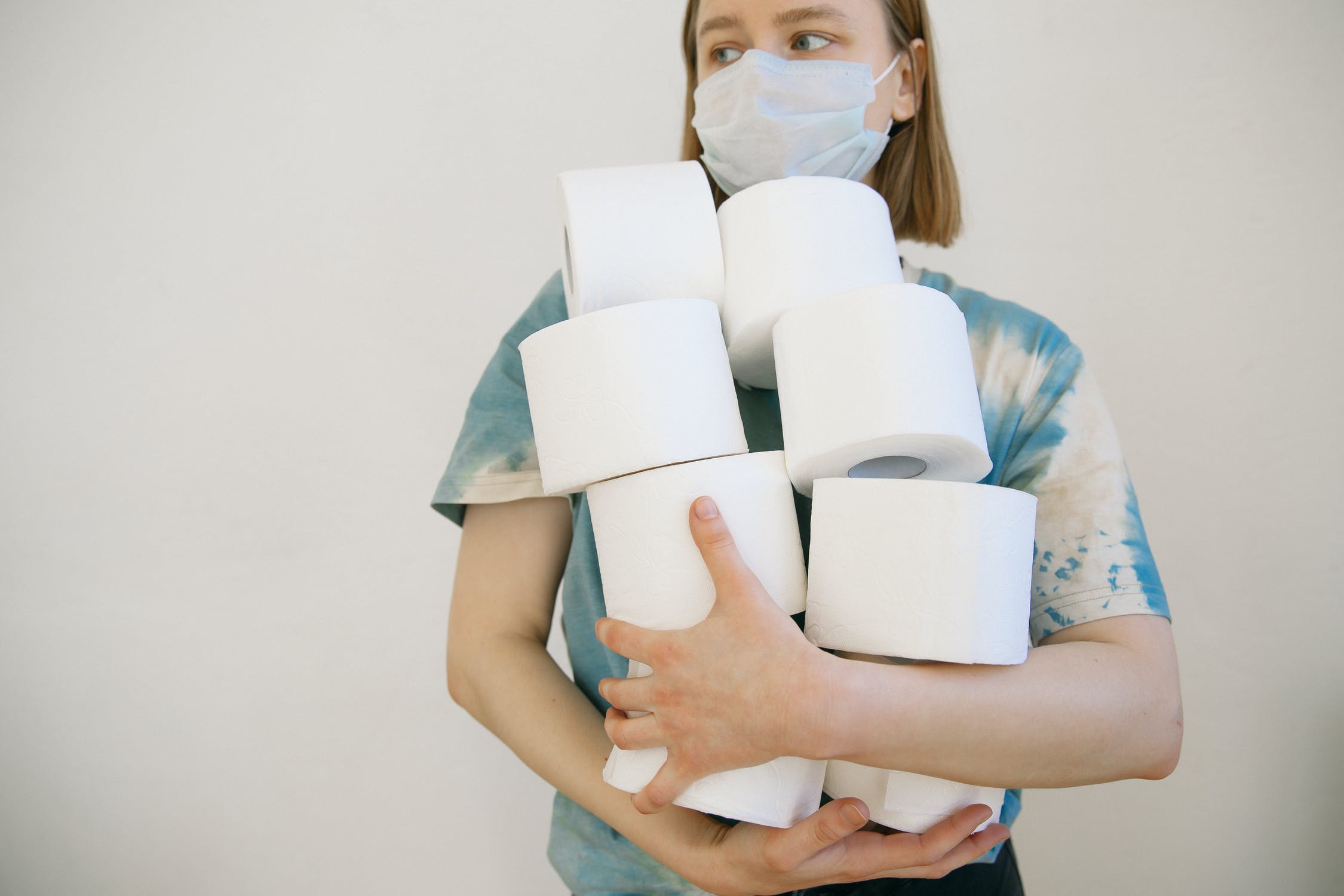
grapplingstars.com, femcompetitor.com, fciwomenswrestling.com, fcielitecompetitor.com fciwomenswrestling2.com articles, pexels.com-photo Polina-Zimmerman
May 9, 2020,
Once on a camping trip our family had a young visitor come visit our fireside roast because he was interested in one of our beautiful teenage relatives.
Who was wearing a bikini.
The fact that he was interested in our relative, most likely for carnal pleasure, made us instantly become suspicious of him.
He was very gregarious but he had this conversational quirk.
True story.
He kept using the word paranoid. How this made him paranoid. How that made him paranoid. How he and his friends were paranoid.
In our entire lives, we have never heard someone use the word paranoid so much. It really made him stand out. That’s why decades later we still remember him.
Our relative did not date him.
His verbiage apparently made her paranoid.
Or was she just being cautious?
Sometimes it is hard to tell the difference between the two.
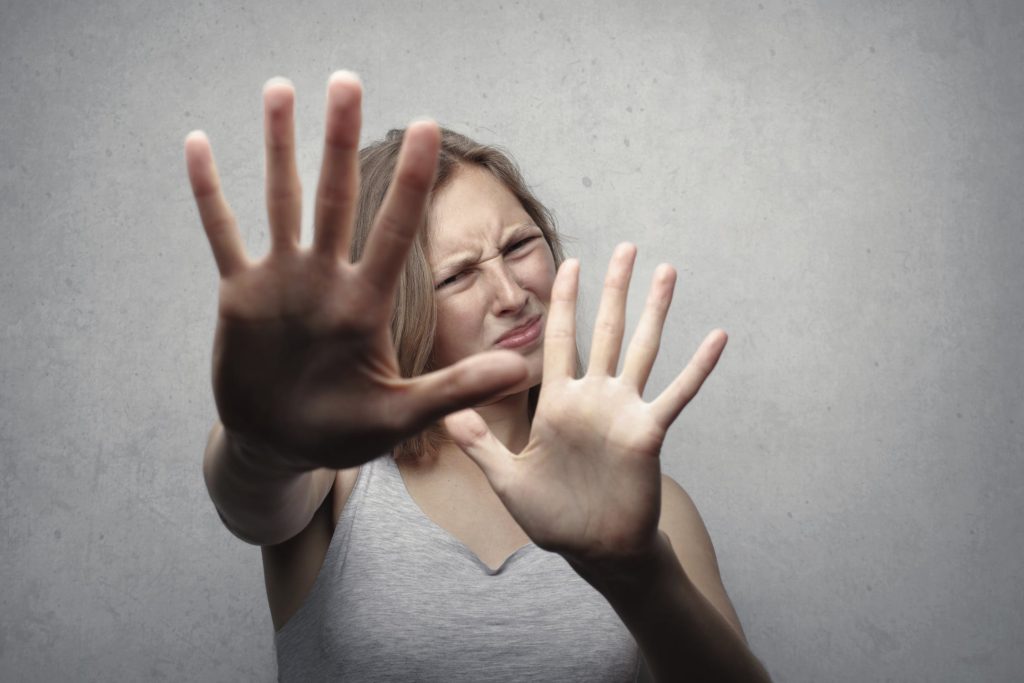
Paranoia is an instinct or thought process which is believed to be heavily influenced by anxiety or fear, often to the point of delusion and irrationality.
Paranoid thinking typically includes persecutory, or beliefs of conspiracy concerning a perceived threat towards oneself.
Very important, paranoia is distinct from phobias, which also involve irrational fear, but usually no blame.
Making false accusations and the general distrust of other people also frequently accompany paranoia.
For example, an incident most people would view as an accident or coincidence, a paranoid person might believe was intentional. Paranoia is a central symptom of psychosis.
A common symptom of paranoia is the attribution bias. These individuals typically have a biased perception of reality, often exhibiting more hostile beliefs.
A paranoid person may view someone else’s accidental behavior as though it is with intent or threatening.
An investigation of a non-clinical paranoid population found that feeling powerless and depressed, isolating oneself, and relinquishing activities are characteristics that could be associated with those exhibiting more frequent paranoia.
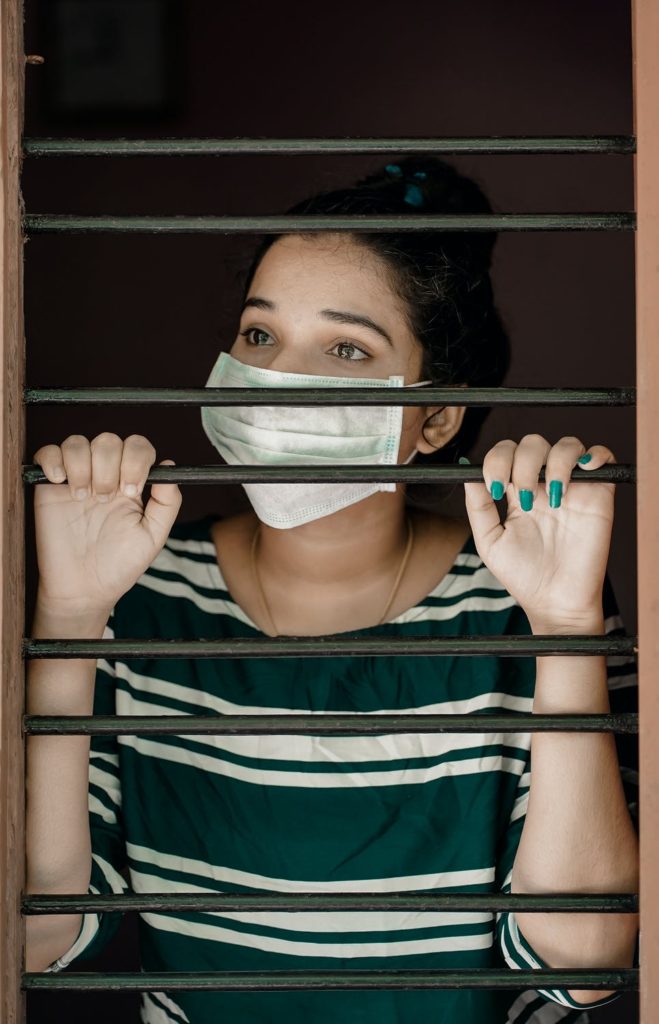
In summation, everyone is out to get me.
But why? What makes you so important or interesting?
With the recent global pandemic, everything that feels or looks like a germ is out to get us.

Oh wait. You can’t feel or see the virus.
But you know it is there. Everywhere.
On the food delivery box?
On the frozen food container?
On the paper cup from the fast food restaurant?
On the package delivered by mail?

Actually, in reality, it probably isn’t. At least not everywhere.
Apparently Germany plans to open smaller shops next week and restart some schools in May in a cautious bid to begin returning to public life after a lengthy shutdown during the coronavirus crisis.
As of May 1, 2020, some regions in the United States will begin to re-open.
At healthline.com they educate, “Regardless of when states choose to “reopen,” many people are concerned about how doing so will affect our health.”
Interesting.
Are the people polled being cautious or paranoid?
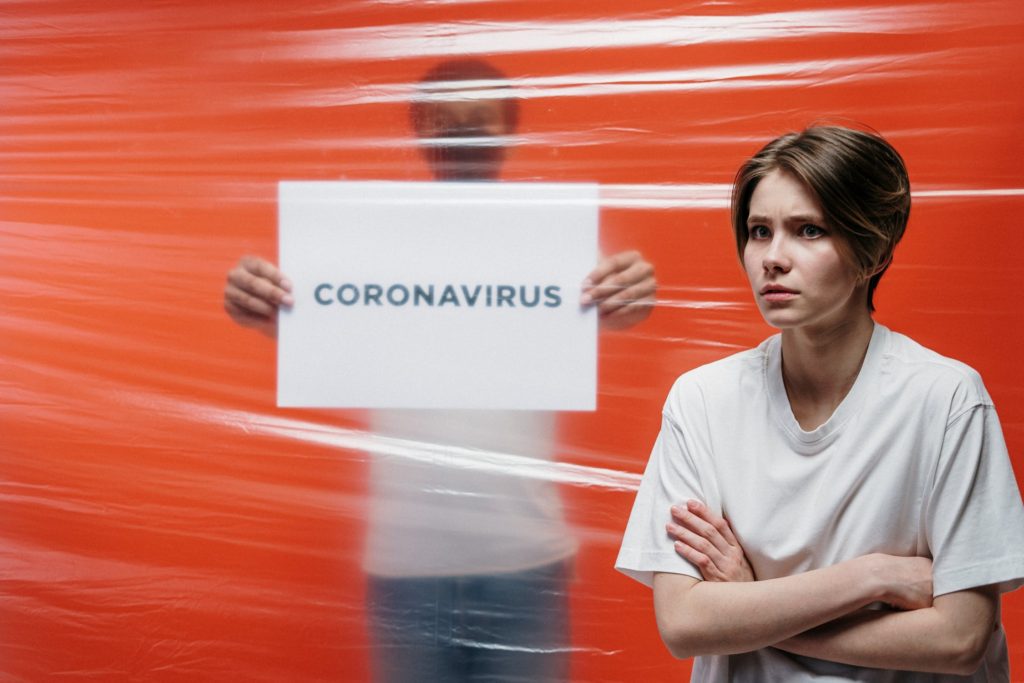
We have a friend that we’ll call Stacy.
Before the pandemic hit, she was working out at the gym six days a week. Literally.
After the crisis, her gym shut down.
As of this writing, they seem to being closer to re-opening.
What will Stacy do?
Go back to the gym? Or stay at home until there is a vaccine? Which by the way could take months.
Years.
Or may never happen at all. Have you thought about that one?
The paranoid person would stay home until they are 100 percent sure that the gym has been sanitized, sandblasted and bleached after the vaccine hits the market?

What about the cautious person? How will they react?
The team at merriam-webster.com enlightens, “Cautious implies the exercise of forethought usually prompted by fear of danger.”
Fair enough.
There is some fear. For good reason. As of this writing over 60,000 Americans have died from the coronavirus and those are just the ones that we know of. In reality, the numbers are far higher. How many have died before there was testing?
The cautious person does their homework and when enough data has come in, takes pre-cautions, then goes ahead and takes the risk.
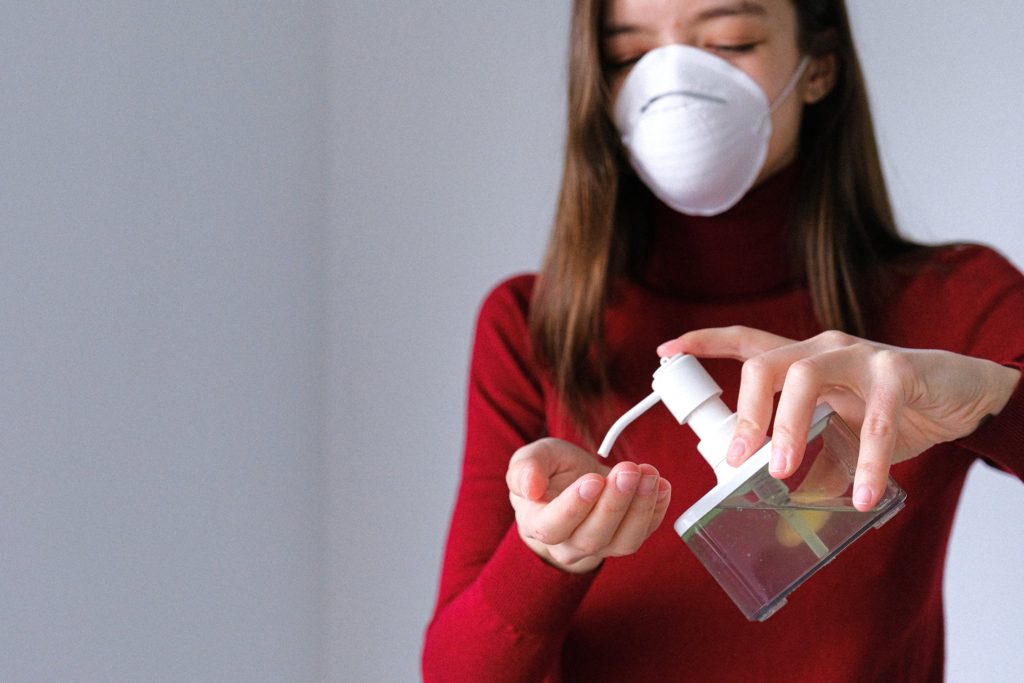
Stacy has made a decision to go back to the gym as soon as it re-opens. She will be the first one in line.
Why?
Because she will social distance herself and wear both a mask and gloves when she works out. She will also wear nice gym attire, but nothing will show bare skin. Nothing. Nowhere. She will also double wipe down the gym equipment even if the staff already sanitized it.
She will wash her clothes when she gets home.
She will minimize the damages and take the risk.
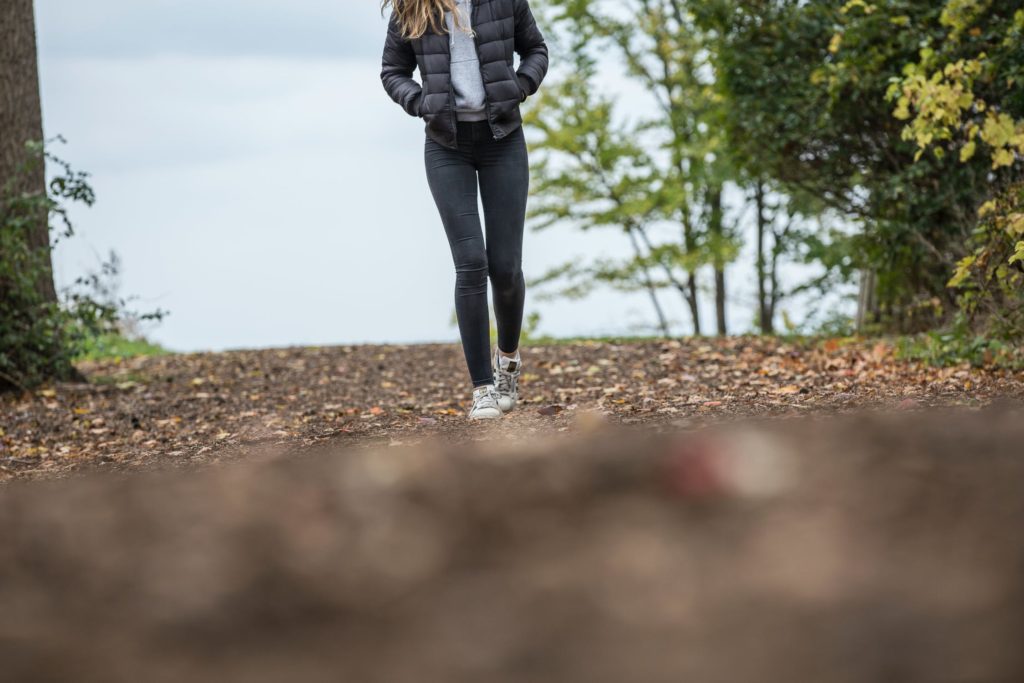
Some of this speaks to the life philosophy of closing windows.
The paranoid person will wait for perfection before they stick their toe in the water or foot in the gym. The problem with that theory is that their body will suffer in the meantime.
In other situations, windows of opportunity close permanently if you don’t take the risk.
Please remember. With caution you are sticking just one toe in the water for a reason. If you don’t like what you feel?
You can always pull it back out.
The paranoid person will point to the very rare times that something really terrible did indeed happen or the conspiracy theorist who was indeed correct.
Eventually.
Yes, that is true but even a broken clock is right twice a day.
At 2am or 2pm. The clock doesn’t know the difference.
As a person you do.
The whole notion that you can eliminate all terrible possibilities is similar to the bunker and bomb shelter mentality. After the world blows up, I can live in that bomb shelter for 20 years.
Some might respond, why would you want to? They would rather be dead.
We know of someone in our circle who is planning for assisted suicide because both of her parents came down with dementia in their 70s. One of them passed away and the other seems to be on track to live to 90.
Since about aged 78 though, they have been completely out of it.
Our friend has made the decision that life is to be lived. To the full. She would rather not be here than sit in a chair for ten years not knowing where, here, really is.
Now that certain aspects of the American economy are slowly opening up, we all will have decisions to make. Will we lean more to being cautious but make the decision to take action or will we wait for a vaccine that may or may not come?
Some have made the decision that the cure, a total shutdown of the economy and life as we know it, is not worth it. The solution is far worse than the problem. Some of those people are protesting in the streets.
Without masks.
We all have to make the decision what will work best for us. Stacy’s thinking?
Proceed cautiously.
But do proceed.

~ ~ ~
OPENING PHOTO grapplingstars.com, femcompetitor.com, fciwomenswrestling.com, fcielitecompetitor.com fciwomenswrestling2.com articles, pexels.com-photo Polina-Zimmerman
https://en.wikipedia.org/wiki/Paranoia
https://www.cnn.com/interactive/2020/us/states-reopen-coronavirus-trnd/
https://www.healthline.com/health-news/what-happens-if-country-reopens-on-may-1#1
https://www.merriam-webster.com/dictionary/cautious
https://fciwomenswrestling.com/
https://www.fcielitecompetitor.com/



